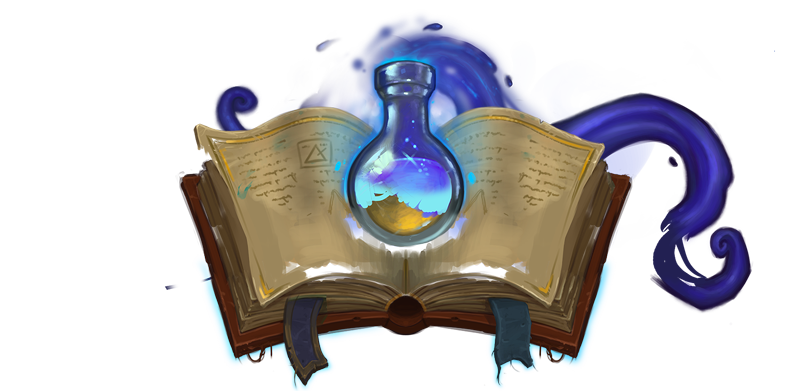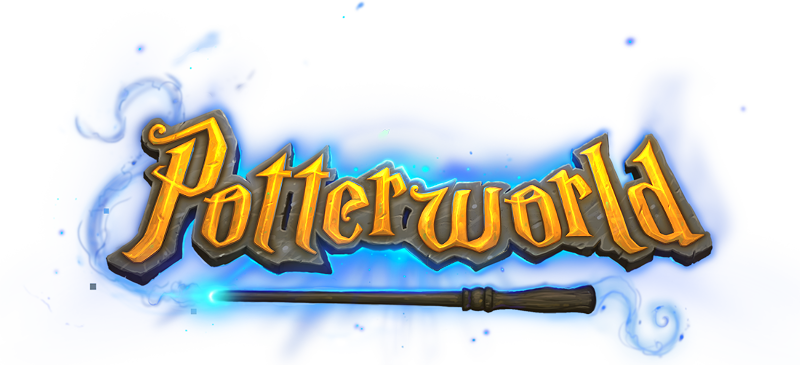The Inner Workings of Class Design
Editorial
Written by Silquer
Edited by littledead
Hello dear readers, and welcome to this edition’s Editorial column!
Academics are such an important part of our server, but you may be wondering: what goes on behind the scenes? The classes and challenges on the server run smoothly under the watch of the
Professors,
Class Helpers, and
Arena Squires and Masters, but a lot of work goes into making classes and challenges function as well as they do. I had the pleasure of talking with some members of the Academics department about their design process and what makes classes and challenges tick.
The first step for any project is brainstorming, and the Arena team is no different when it comes to challenges.
Arena Grandmaster Wildsam revealed that new challenge gamemodes are brainstormed individually or from player suggestions on the forums, then later brought to the full team for revisions. When asked about the creation process, Wildsam also said:
Once we're satisfied, we enter the creation phase, where we build up a sub-team to work on it. It consists of a team leader as well as team members. Everyone has their own responsibilities, such as organising meetings, splitting the different tasks, or sending requests to other departments such as Media, Build, or Game Design.
From the perspective of the Professors, things are similar with some notable differences. Professors also come up with ideas on their own, although there is collaboration when it comes to feedback and advice! On the topic of creating lesson plans,
Sr. Professor snotflower said:
Every class subject has been long established, so our job on the Academics team is to decide what topics we want to teach regarding these classes and create easy-to-understand plans on how we are going to teach them.
Lesson plans, by nature, require lots of lore to craft engaging classes, as well as real-world information, according to
snotflower. Any player who has attended a class knows this is true, from the notes that are provided to the quizzes and writing prompts. The insight classes give to Potterworld’s world truly
makes the server come to life.
Going back to Arena,
Wildsam gave a lot of insight into what the Arena team has in mind when making challenges. The Arena team always has player enjoyment as a first priority, which leads to fantastic and fun challenges. Behind the scenes, Wildsam talks about what he looks for in a potential challenge:
It needs to be effective, fun, and competitive. Firstly, it requires to be effective so that players are not stuck waiting for their turn for too long. My goal is to always find a way to keep attendees in action, so having a gamemode that provides this is important to me. Secondly, I look for a challenge that is fun. If I notice that the team or myself is not having as much fun as we hoped for, I'll expect us to go back to the drawing board and make sure we improve our creation. Thirdly, as we are the Arena team, it is important that our gamemodes are competitive, which means that it is possible for players to improve constantly at it while also giving us a way to rate players based on specific criteria (e.g. placement order in a race, amount of wins in duels, etc).
The competitive nature,
Wildsam says, is what sets Arena challenges apart, and I can not help but agree. A major part of challenges is the community’s competitive spirit, which burns especially bright during challenges. There is always a great deal of energy during challenges. Everyone is eager to win, and it is part of what makes challenges so fun.
Snotflower also unveiled the thought process behind creating lesson plans.
There are all sorts of students, ranging in ages and locations, so I try to ensure my notes are easy to understand while still providing lots of information. I love attending classes too, so I often put myself in the students' shoes: would learning about this topic be interesting? Are these assignments straightforward but still require some thinking?
The dedication to accessibility and creating a
worthwhile experience for players and Professors/Class Helpers is admirable, and a large part of why classes are so fun! After all, Professors were all students once, and it is wonderful to hear that Professors bring that experience with them into class design.
The final result after all of the Arena team’s review process is certainly rewarding, but there is a lot that goes into the final product. Challenges go through plenty of teams before you read about them here at the Daily Diviner; every challenge goes through Arena Leadership, then to the Build team as needed, and then to the testing teams at the Technology and Development department.
Classes have an equal amount of work put into them, especially the ones that involve player interaction. Ever wonder how a Potions or Herbology class runs so smoothly? Classes like these involve months of work and collaboration, and there is a separate team for this: Class Design. So, although it seems like the Professors handle most of the class design, there is yet another depth to lesson plans that reveals the hard work the Academics department puts into their classes and challenges.
Hearing from some of the
Academics department members was truly enlightening and brought a new perspective on the classes and challenges players enjoy every day. A massive thanks to
snotflower and
Wildsam for interviewing with me! I hope you all gained a greater appreciation for everything the Academics department does. Be sure to join a class next time you are online, and have fun!







